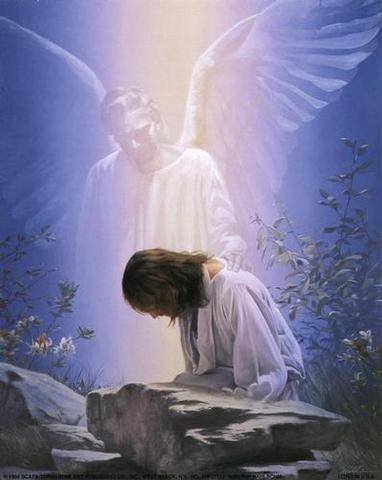The world of Roman Catholic tradition will be saddened by the passing, recently, of Fr Michael Crowdy. In his full and active life, spanning 92 years, he gave all his energy to the preservation of the traditional Catholic Mass and the sacraments. He was one of the very few clergymen who saw the changes in the Church following the Second Vatican Council (1962-1965) as a betrayal and likely to lead good Catholics to the shipwreck of their beliefs. Accordingly he absolutely refused to accept the reforms and, after a brief interval of much soul-searching, reverted to the authentic priestly life, and the anti modernist oath, to which he had committed himself in 1954, the year of his ordination. Father Crowdy represented one of the last links with the pre-council world and, as such, provided continuity for the European traditional Catholic movement. He always maintained a love for the Pope and the Bishops, whose authority he saw as essential to the Catholic Church, even though he regarded them as a child would regard a parent who had gone astray.
Father Michael Crowdy
1914 - 2006
Requiem aeternam dona ei, Domine; et lux perpetua luceat ei
Michael Charles Crowdy was born on the 21st November 1914 in Pyrford, Surrey. His father was a Solicitor and both his parents were Anglicans. It was at Baliol College, Oxford, where the young Crowdy met Dr Buchman and the flourishing “moral re-armament” movement. Buchman confronted the young undergraduate with what was called ‘radical questioning’ and, as a result, Crowdy underwent a process of re-thinking which resulted in his conversion to Roman Catholicism in India, where he was stationed as a gunnery officer during the Second World War. The effect of Buchman cannot be over-estimated in the life of Fr Crowdy as he wrote later; “I left Oxford with the settled conviction that, whatever career I followed, the service of God was what primarily mattered.” He realised later that Buchman’s philosophical teaching was not sufficient for him in that it contained some un-Catholic ingredients
Ordained a priest after the war Fr Crowdy became a member of the London Oratory where he lived for 22 years. Although Crowdy maintained an attachment to the Oratory he never really settled there, not having really found his vocation. In the late 1960’s he became firstly alarmed and then exasperated by the upheavals in the Church following the Second Vatican Council. Of this period he wrote; “I felt a definite drift towards protestant ideas and decided that the old Mass was the best anchor to put out to prevent further drift” In these words he recalls Dr Buchman’s appeal to “absolute honesty” in religious matters. In 1973 Crowdy moved to Italy in order to help out in a little parish in Florence. Six years later he moved to the diocese of Northampton and it was there that he finally decided to break with what he called “the modernist Church” and return to the Tridentine Mass which he loved.
He had heard about Archbishop Lefebvre and set out for Switzerland to visit the embattled prelate, who had founded a seminary for the preservation of the Catholic priesthood at Econe. Of this period Crowdy further wrote; “I felt revolted by the degree of dishonesty that accompanied the introduction of the new liturgy.” In 1977 he translated into English a tract by the Florentine economist, Neri Capponi, which condemned the new Mass as being full of “baseless assumptions, contradictions and evasions.” He also at about this time translated into English from the French “An open letter to confused Catholics” by Archbishop Lefebvre. This book is regarded as a comprehensive demolition of the theology and practice of the post-Vatican II church.
To his eternal and lasting distress Fr Crowdy now found himself disowned by the official Church authorities. He started saying Mass for the Society of St Pius X, which Lefebvre had founded, working all over England, France and Italy, where he made many friends particularly amongst catholic families and prominent Catholic laymen. Like many people of his generation who boasted a classical education built on solid reading, Fr Crowdy had enormously wide interests outside his priestly work. He was a talented painter and possessed an enormous knowledge of art and literature. He was a competent gardener and could even turn his arm over in a game of garden cricket. He will be remembered for his inner tranquillity and kindness, which was instrumental in bringing many people into the traditional Catholic Church. He leaves a younger sister.
Father Crowdy's requiem and buriel took place at St Saviour's House, Bristol, on Thursday 14th December, 2006.


No comments:
Post a Comment